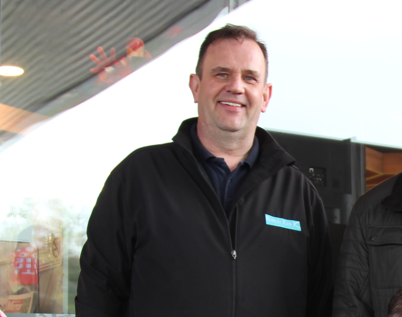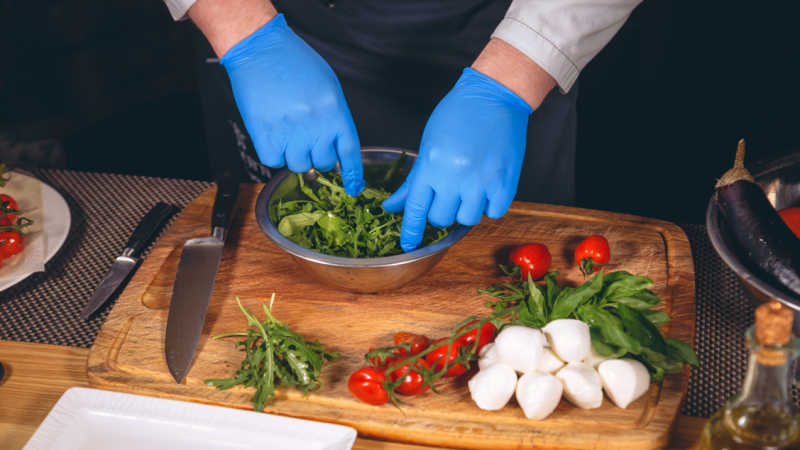Fuel prices continue to break records as excise duty cuts show little impact

Government cuts in excise duty on petrol and diesel are expected to make little impact on pump prices that have soared due to Russia’s war on Ukraine.
As the cuts kicked in, the average diesel price in the Republic had soared to an all-time high of €2.04c a litre, and petrol had risen to €2.01, with prices are predicted to continue rising. While some stations have reached highs of diesel costing €2.14 per litre, others were selling the same amount for as little as €1.95 yesterday afternoon.
The soaring fuel cost is in stark contrast to last year when the national average price of a litre of unleaded was €1.25, and diesel was €1.17.
A Government cut in excise duty, which came into force at midnight, is set to take 20c off the price of a litre of petrol and 15c from a litre of diesel.
Delayed impact
However, the effect will not be felt at the pumps for a number of days and the Government and fuel suppliers expect further price rises across the board.
Even while announcing the reductions yesterday, Finance Minister Paschal Donohoe admitted that rises in recent days had already offset the measure.
He said there was a limit to how much the State could insulate the country and economy.
The cut in the State tax take will last until the end of August and amounts to 20c on a litre of petrol, 15c on diesel and 2c on marked gas oil – or “green diesel” used by farmers – although there is no reduction on home heating oil.
Mr Donohoe said it was a one-third change in the level of excise duty on motor fuels and was “very significant” – however, he admitted prices would probably increase further.
Fuel suppliers have warned that cuts in excise duty are likely to make little difference, with repeated wholesale price rises.
Already delivered
Des Kee, who operates the Robert Kee & Sons Ltd forecourt in Laghey, Donegal, says they haven’t yet been able to drop the price fully as per the government announcement, as the government will not rebate fuel already delivered.
“We received deliveries with the old duty paid yesterday,” he said on Thursday March 10.
“However on the flip side we did not increase the price on that delivery, so we are taking a hit.
“We will not be able to reduce the price until possibly Sunday and then probably the wholesale price will have risen again.”
Another supplier said: “The cut in excise duty is not going to make any difference at all because tomorrow morning, we will have another wholesaler price rise. The price has already gone up by the time we are alerted. We don’t have the option to even get delivery in; it’s too late,” he said.
“As it is, we are making a loss selling our diesel at €2.09. People think it is us who are putting up the price. It’s nothing to do with us. We are the first port of call for angry customers, and we are actually at the mercy of forces outside our control.”
No sudden drop
Kevin McPartlan, chief executive of the Fuels For Ireland group that represents fuel suppliers, agreed that motorists wouldn’t see a sudden drop in prices despite the overnight reduction.
“The Government is reducing the excise duty, but it’s not collected from consumers; it’s collected from suppliers, and that’s been paid for already for the fuel that’s under the forecourts at present,” he said.
Mr McPartlan said if the Government wanted savings to be passed to consumers straight away, it should give a rebate on the excise duty that has already been paid on fuel in tanks at filling stations.
“In all but the most extreme circumstances, people will see the impact of the excise cut in three or four days because of the average delivery cycle,” he said.
“So a place that got a delivery yesterday will have another delivery in three or four days, and that will be at the lower rate of excise duty.”
Mr McPartlan added that if wholesale prices increased faster than the duty decrease, then actual pump prices would not drop.








